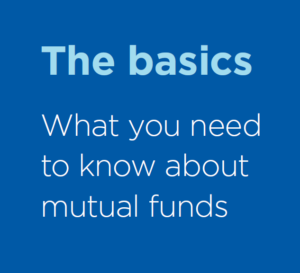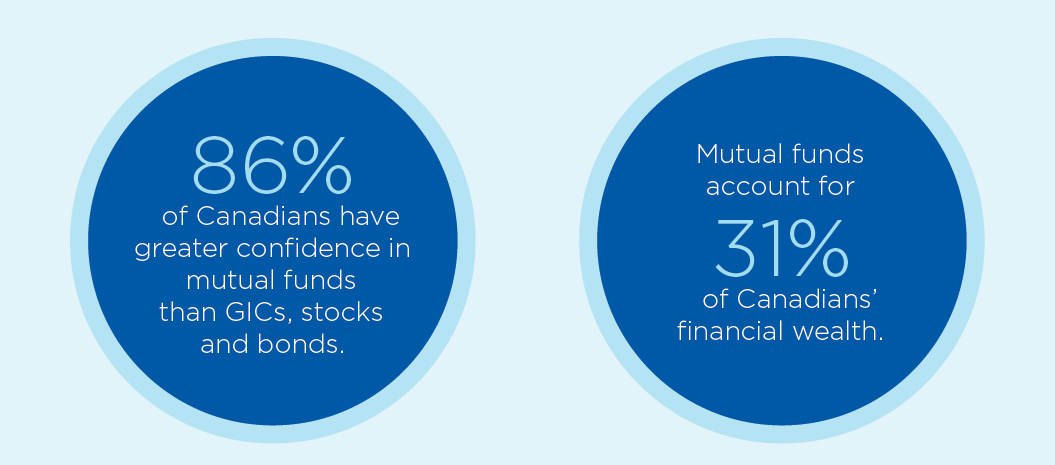There are basically three varieties – equity funds which invest in stocks, fixed-income funds which invest in bonds and money market funds which invest in treasury bills and corporate commercial paper.
Well no, not really.
There are actually more than 10,000 kinds of mutual funds in North America, classified by style, size of the equities they hold and predetermined categories – for instance, whether a mutual fund invests in emerging markets equities, Japanese stocks, the technology sector or a market index like the S&P 500.
Money market funds usually have the lowest returns but they are also a convenient place to park your money because the funds are very accessible.
Fixed-income funds invest primarily in government or corporate debt (bonds). Returns are usually higher than money market funds or GICs, but they’re a bit riskier – for instance, when interest rates go up, the value of fixed-income funds usually goes down.
Equity funds invest in a variety of stocks, from large-cap and blue chip companies that are in solid financial shape to startup companies with the potential for big gains (as well as losses).
Balanced funds are mutual funds that combine bonds and equities. The type of fund that’s right for you will depend on your appetite for risk and the length of time you plan on investing.



